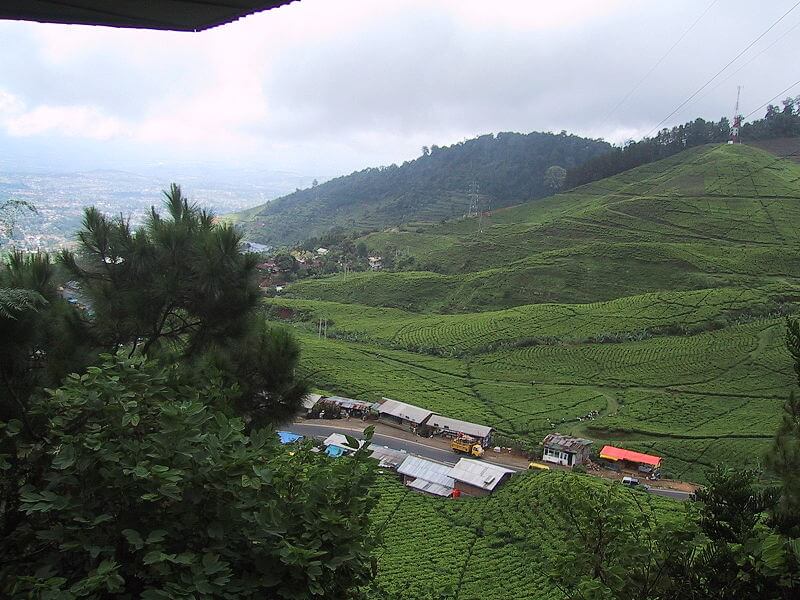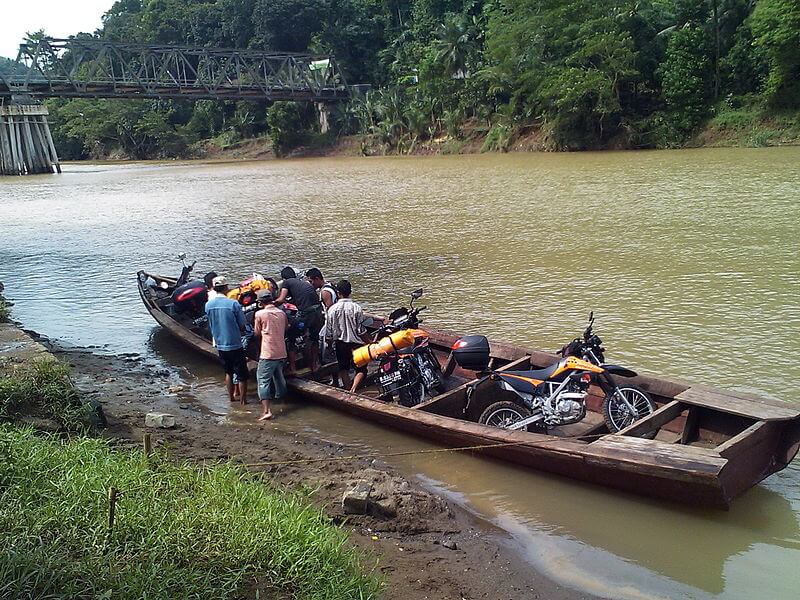
Wikimedia
Many developed nations hope 2014 can finally be the year when a real fight against the use of mercury in gold mining across the world starts. However, until then, several countries like Indonesia will continue to suffer the consequences of this and other dangerous techniques.
The small-scale, and many times illegal, gold mining operations spread across the country are responsible for the contamination of the local soil, water and air. They are equally responsible for the damages inflicted to the health of the miners, some of them very young children without any other choice.
The New York Times recently told the world how these small and apparently harmless operations run in Indonesia. They used the example of a young 15-year-old worker named David Mario Chandra to kick-off their story, saying how gold mining is changing the face of places like the remote mountains of West Java.
A workshop next to his family’s house in Cisitu, in Banten Province, contains machinery that turns gold ore into usable nuggets. The procedure seems simple enough: The crushed ore is tumbled with other ingredients in cylinders called balls until the valuable stuff is amalgamated. But there is a crucial material – and a final step – that alarms environmental and health experts around the world.
“We put 15 kilograms of gold ore and water into each ball, and we use 100 grams of mercury per ball”, or 3.5 ounces for 33 pounds of ore, said David, who runs the family’s workshop. Workers then purify the nuggets using an open flame, burning off the mercury in sites among residential areas throughout the village.
According to Yuyun Ismawati, an environmental campaigner based in the United Kingdom, the core of the problem is in the amount of mercury being exported to Indonesia, mainly via illegal channels. An information that is not officially corroborated by the Indonesian Ministry of Trade.

Wikimedia
The official source reveals that the country imported slightly less than one metric tonne of mercury in 2012 and only through two local companies. The goal is to use the substance in commercial manufacturing, including the production of light bulbs and batteries, and in hospital equipment.
However, the United Nations trade statistics tell a very different story, talking about 368 metric tonnes of mercury (about 810,000 pounds) that were legally exported to Indonesia in 2012 from countries like Singapore, the United States, Japan and Thailand. And the disparity, far from being a simple anomaly, repeats itself in other recent years.
Yuyun Ismawati claims the conclusion is rather obvious. She states that hundreds of tonnes of mercury had been smuggled into Indonesia to be used by illegal, small-scale miners within a national gold operation that is causing major environmental and health problems, according to the experts.
The United Nations Environment Program, quoted by The New York Times, warns that small-scale gold mining is responsible for 37 percent of global mercury emissions and is the largest source of air and water mercury pollution.
